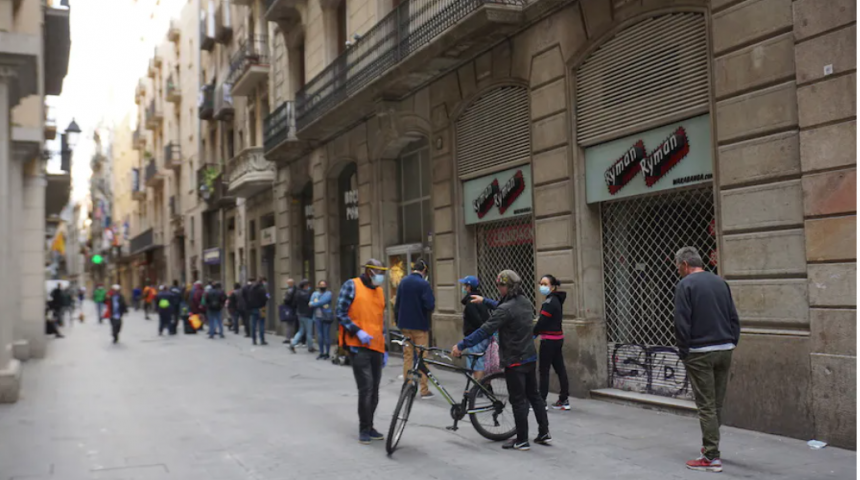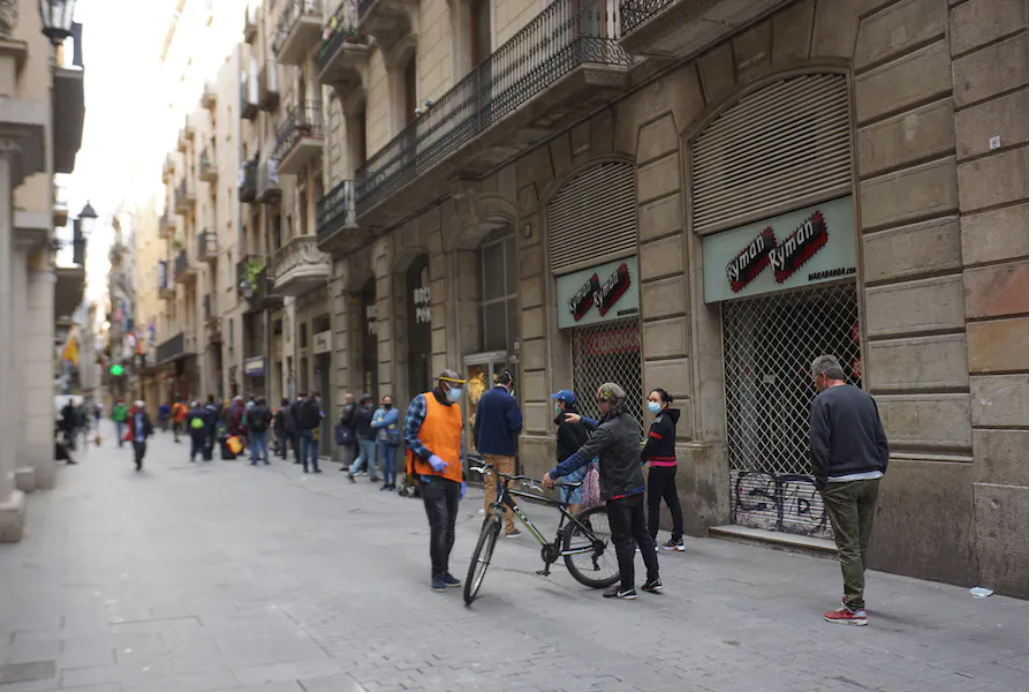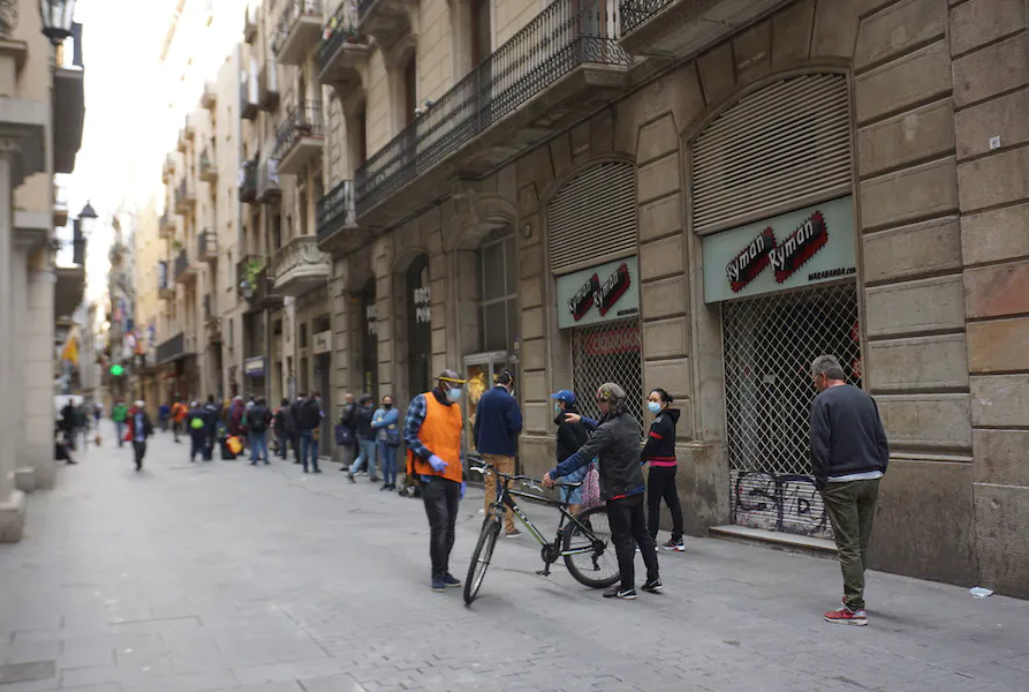161M in a situation of famine due to COVID-19

The report on the State of the Right to Food and Nutrition 2021 concludes that the measures imposed in the face of the pandemic prevailed on the informal sectors, women, and children. Solidarity and popular organization were the most effective response against hunger.
The report coordinated by FIAN International, in which the organizations of the Global Network for the Right to Food and Nutrition have contributed - in which the ESCR Observatory participates - pivots on two keys; the vulnerabilities of the transnational food industry to the resilience of small-scale production and supply circuits. Likewise, it observes severe impacts and similar consequences for informal sectors, women, and children in different regions.
Mobility limitation measures have pushed millions of people to abandon the task with which they made their daily income. Day laborers, street vendors or informal markets that can account for up to 70% of the food supply in some African regions have been excluded from this possibility.
The report shows the growing distance between the conclusions of humanitarian organizations and academia with the United Nations Committee on World Food Security (CFS). The international summits end up concluding in projects that favor the consolidation of a global food market. The Mechanism of Civil Society and Indigenous Peoples (MSC) has exercised its opposition in the elaboration of resolutions of the CFS guidelines and denounces that the loss of territories by indigenous populations makes traditional agriculture impossible.
With these 161 million people driven to hunger last year, today there are approximately 811 million human beings in a situation of famine in the world.
Resilience: the small scale and social organization
International supply chains are extremely vulnerable and generate, according to the report, destruction of ecosystems, loss of biodiversity and glaring inequalities. COVID-19 also highlights the danger of diseases of zoological origin, the main cause of which is intensive livestock farming.
On the contrary, small-scale markets, local agriculture and livestock, cooperatives and social organization have proven to be resilient. The need for food and work fostered explosions of civic organization that, to a different degree of disobedience, managed to give way to the precarious situations that were repeated throughout the planet.
When a good part of the merchandise traffic was stopped, it was the local initiatives of production and consumption that came to satisfy the needs of the populations. In cities such as Barcelona and Madrid, the organization in the neighborhoods of social dining rooms continues, even today, to be key to face the high number of people who find it impossible to fulfill their right to food.

Source: LaMarea 08/05/2020.
One more pressure on women's shoulders
This health crisis has multiplied the urgency of care, a task traditionally assigned to the female role and which, as the report warns, has led millions of women around the world to relegate their work to the domestic sphere. The direct consequence is a loss of income that limits their autonomy and that is aggravated by assuming a reduced capacity to serve the dish at the table, a task that continues to fall mainly on them.
In parallel, the world has experienced a dramatic increase in gender-based violence, as the report also points out. The situation of economic dependency and cloistering have generated extraordinarily high rates of violence.
In some peasant regions, women do not have ownership of the land they work. The legislative differences that prioritize men have been an extra obstacle for them to access their work.
Multimedia

